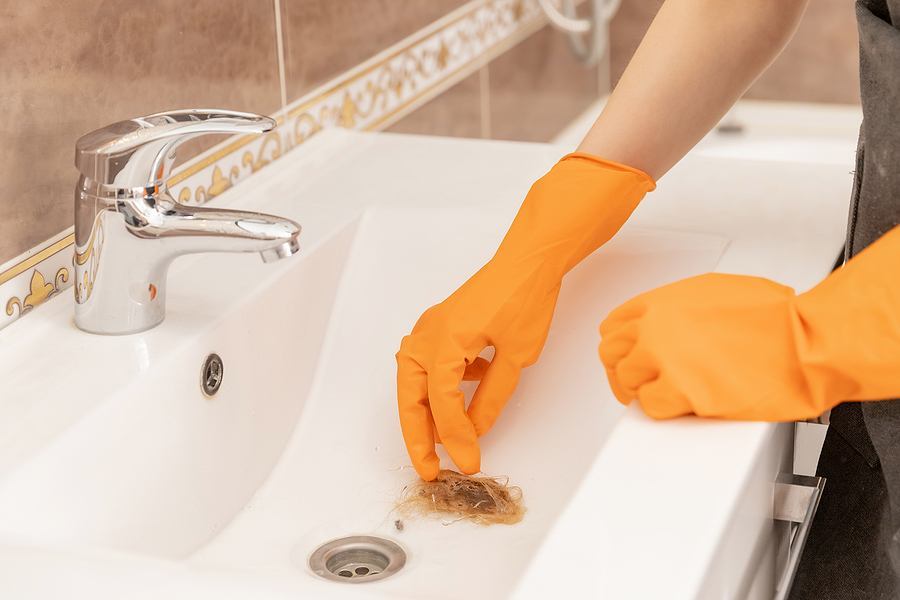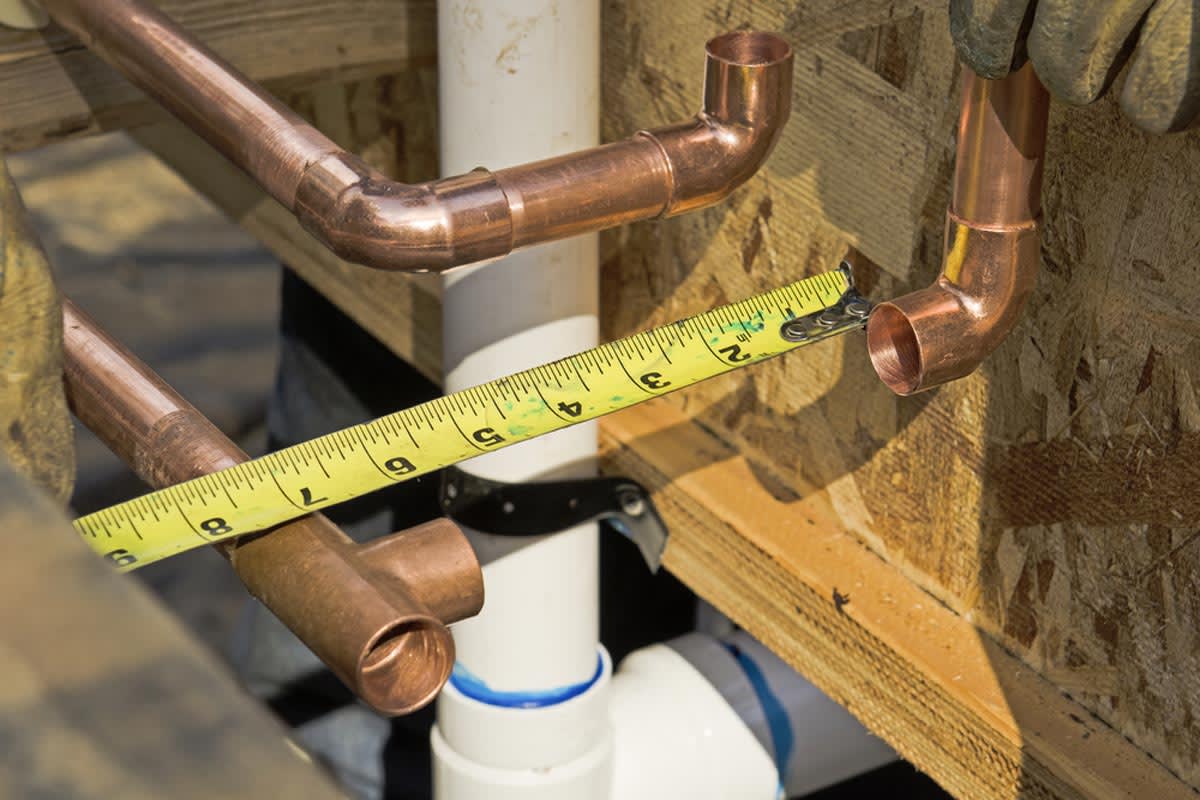How to Handle Your Bathroom Plumbing: Guidelines for First-Time Home Buyers
How to Handle Your Bathroom Plumbing: Guidelines for First-Time Home Buyers
Blog Article
Were you trying to locate help on 6 Essential Plumbing Checks for New Homeowners?

For new homeowners, understanding and keeping bathroom pipes can save both time and money by protecting against expensive concerns down the line. Below are some crucial washroom pipes suggestions to assist you maintain every little thing running efficiently.
Prepare for Winter
Safeguard your pipelines from cold during winter by shielding pipes in unheated areas like cellars, attics, and garages. Throughout extreme cold, allow cold water drip from taps served by subjected pipelines to assist prevent cold.
Set Up Normal Upkeep
Take into consideration scheduling annual inspections with a qualified plumber. They can spot issues that you might miss out on, such as concealed leaks or wear and tear on pipelines and fixtures. Routine upkeep helps expand the life of your pipes system and can avoid emergency situations.
Familiarize Yourself with the Main Shut-Off Shutoff
Knowing where the major water shut-off shutoff is located in your house is vital. This allows you to quickly switch off the water supply in case of major leakages or during plumbing emergency situations, preventing substantial water damage.
Frequently Examine for Leakages
Tiny leaks can result in big problems. Routinely examine under sinks, around commodes, and near pipes fixtures for any kind of indications of leaks. Seek dampness, small drips, or corrosion. Catching and fixing leaks early can protect against more serious damages and save water.
Maintain Your Hot Water Heater
Guarantee your hot water heater is readied to an ideal temperature level (generally about 120 degrees Fahrenheit) to stop scalding and decrease power usage. Flush the storage tank annually to eliminate debris accumulation, which can reduce the efficiency and life expectancy of your heating system.
Upgrade Your Components
If your home has older fixtures, consider upgrading to much more efficient models. Modern bathrooms, showerheads, and taps are made to use less water while providing great stress, which can significantly minimize your water bill and ecological impact.
Be Cautious with Do It Yourself Pipes Fixes
While it's tempting to deal with all home repairs by yourself, beware with pipes. Some issues could require professional experience, specifically if they include main water lines or drain repair work. Working with a professional can in some cases be extra cost-efficient than do it yourself, particularly if it prevents more damage.
Don't Overlook Slow Drains
If your sink or tub is draining slowly, it's often a sign of a clog creating. Resolving this early can prevent a total blockage. Utilize a bettor or a plumbing professional's serpent to clean out debris. Avoid using chemical drain cleaners as they can damage your pipes over time.
Know What Not to Flush
Commodes are not waste disposal unit. Prevent flushing anything besides toilet paper and human waste. Products like wipes, feminine hygiene products, and cotton swabs need to be gotten rid of in the garbage to prevent blockages and drain backups.
Install Strainers in Drains
Location filters in your sink and bath tub drains to catch hair and other particles before they enter your plumbing system. Cleaning the filters frequently will aid stop accumulation and maintain water streaming freely.
Conclusion
Understanding and preserving your home's restroom plumbing can prevent several common problems. By following these crucial pointers, you can ensure your restroom continues to be useful and efficient, saving you time and money in the future.
5 Plumbing Tips for First-Time Homeowners
Know How to Shut Off the Water
In most homes, the water can be shut off at two places: at the appliance or fixture itself, and for the whole house. For instance, look under your sink or behind the toilet. See those little knobs that connect with the pipes? Those are the shut off valves for those fixtures. Simply turn them until the water is off. The main shut off valve (which controls water throughout your entire home) will be outside, where the water feeds into the structure. You might need a dedicated tool, such as a water shut-off key, to shut off the water at the main.
Build an Emergency Plumbing Kit
Everyone knows how important it is to have a high-quality plunger around the house. But there are other things that can help you out when issues arise with the pipes. Building an emergency plumbing kit to solve issues on your own is part of any list of basic plumbing tips. Consider adding these things to create a basic plumbing kit:
Adjustable wrench Tongue-and-groove pliers Screwdrivers Plumber’s tape Pipe sealant Duct tape Set of hex keys Clip light for working under cabinets Auger and hand snake Do a Little Research
Many small leaks can be handled by replacing a small part of the piping system, tightening part of a faucet, or even changing out an aerator. Take the time to browse how-to articles for common plumbing problems, such as a running toilet or slow-draining sink. You might be surprised to find how easy it can be to do simple things yourself, like replace a valve in the back of the toilet.
Keep it Simple With No Chemicals
If you have a clog, you might be tempted by the promises of liquid drain cleaner. While this might work at first, it actually causes more damage deep in the pipes, eventually creating even more problems down the road.
Instead, try using baking soda and vinegar to create a strong fizzing effect that can help break up clogs and clear gunk from drains. Follow it with boiling water to clean the pipes even more thoroughly.
Take Care of Your Garbage Disposal
Be cautious about what you put down the disposal. Avoid pouring in fats, oils, and grease, as these are a surefire way to get a clog. Beware of certain foods too, such as celery or bones, as they can lodge in the works. Always run the disposal with water flowing.
https://modernize.com/homeowner-resources/other/10-plumbing-tips-for-first-time-homeowners

Call Us Now Report this page